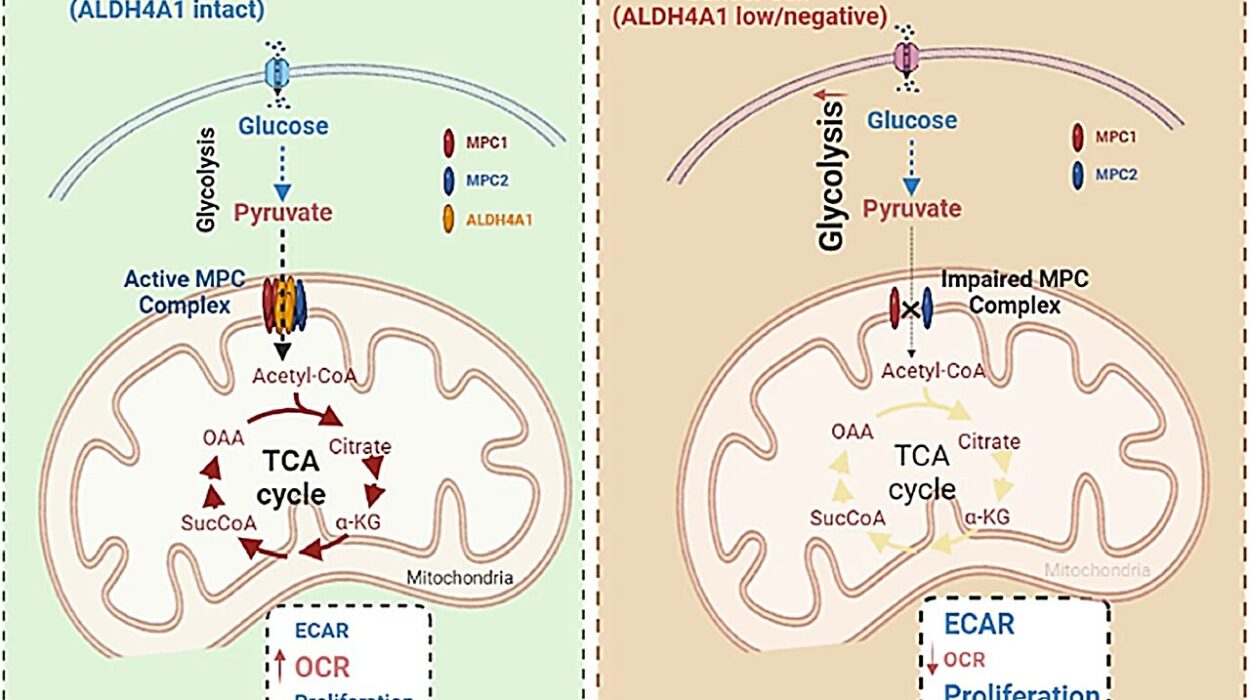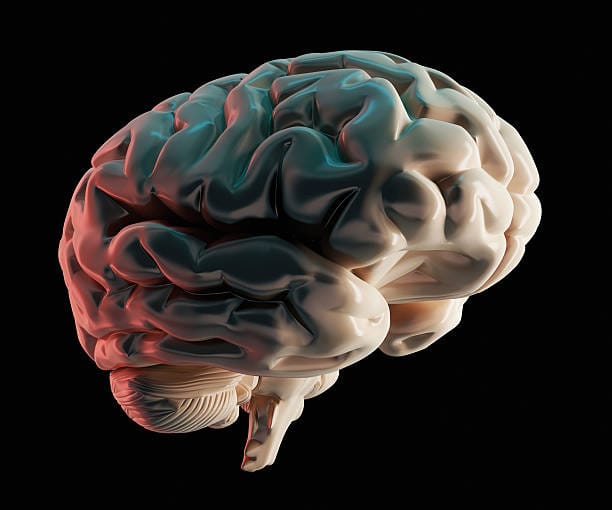And the most maddening part? You haven’t changed anything. You still eat well, you exercise, maybe even more than you did in your 30s, and yet the numbers on the scale tick upward. It can feel like your body has betrayed you. But here’s the truth: it hasn’t. Your body is undergoing a transformation, and understanding what’s happening inside is the first step toward reclaiming control.
Understanding the Hormonal Chaos
Menopause isn’t a moment—it’s a process. Officially, it’s defined as the point when you’ve gone 12 consecutive months without a menstrual period, typically occurring between the ages of 45 and 55. But the hormonal changes begin long before that in a phase called perimenopause, and they continue after your periods stop.
Estrogen, the superstar hormone that plays a role in everything from mood to metabolism, begins to decline during this time. And with its departure, your body’s ability to regulate weight—particularly fat distribution—changes dramatically. Progesterone also declines, often more quickly than estrogen, leading to an imbalance that can trigger water retention, bloating, and changes in appetite.
Add to that the drop in testosterone, which helps maintain muscle mass, and you’ve got a recipe for gradual but noticeable weight gain. Less muscle means a slower metabolism. A slower metabolism means your body burns fewer calories, even at rest. So even if you’re eating and moving the same way you always have, your body’s energy demands have shifted.
Why the Belly Becomes the Battleground
One of the most talked-about—and loathed—changes during menopause is the shift in fat storage from the hips and thighs to the abdomen. What was once a pear-shaped silhouette morphs into more of an apple. This isn’t just a cosmetic change; it’s a metabolic one.
Visceral fat—the fat that accumulates deep in your abdomen around your organs—is hormonally active and can increase your risk of cardiovascular disease, insulin resistance, and type 2 diabetes. The decline in estrogen is believed to be a key factor that promotes this redistribution of fat. Estrogen once helped keep fat stored in the lower body, but as levels drop, fat storage shifts to the belly.
This type of fat is stubborn. Traditional dieting often falls short, and exercise alone may not be enough. That’s because the body’s stress response is also heightened during menopause, and elevated cortisol levels can encourage belly fat storage, especially if you’re dealing with chronic stress, sleep deprivation, or under-eating.
The Role of Sleep in Midlife Weight
Sleep becomes elusive for many women during perimenopause and menopause. Whether it’s due to night sweats, anxiety, or hormonal fluctuations, many report waking up multiple times a night or struggling with insomnia. This lack of sleep has a direct impact on weight gain in several ways.
First, poor sleep disrupts the hormones ghrelin and leptin, which regulate hunger and fullness. Ghrelin levels increase, making you feel hungrier, while leptin levels decrease, dulling the signal that tells your brain you’re full. That combination can lead to late-night snacking, emotional eating, and increased cravings—particularly for sugary, fatty foods.
Sleep deprivation also increases cortisol, the stress hormone that promotes fat storage, especially around the midsection. And if that’s not enough, fatigue from lack of sleep reduces your motivation to exercise and makes it harder to recover from workouts, creating a vicious cycle that sabotages weight management efforts.
Improving sleep isn’t just a bonus—it’s a cornerstone of managing weight during menopause. Prioritizing sleep hygiene, establishing a wind-down routine, and considering natural sleep aids or medical options when needed can help reset the balance.
Rethinking Nutrition for Your Changing Body
The diet that worked for you in your 20s and 30s may no longer serve you in midlife. Many women find that they need fewer calories to maintain the same weight, yet they need more nutrients to support bone health, heart health, and metabolism.
Protein becomes increasingly important. As muscle mass naturally declines, consuming adequate protein helps preserve and even build lean muscle, which keeps your metabolism humming. Aim for protein at every meal, from sources like eggs, fish, poultry, tofu, beans, and Greek yogurt. Don’t shy away from healthy fats either—avocados, nuts, seeds, and olive oil support hormone production and satiety.
Fiber is another key player. It keeps your digestive system moving, supports healthy blood sugar levels, and helps you feel full longer. Whole grains, legumes, fruits, and vegetables should be daily staples. And hydration—often overlooked—can make a significant difference. As estrogen levels drop, your body becomes more prone to dehydration, which can slow digestion, increase fatigue, and even trigger false hunger signals.
One important shift to consider is reducing added sugars and refined carbohydrates. These foods spike blood sugar and insulin levels, promoting fat storage and inflammation. Menopause is a great time to start reading labels, cooking more at home, and being mindful of emotional eating triggers.
Exercise: More Than Just Burning Calories
While calorie burn is a factor in weight management, exercise during menopause should focus equally on strength, mobility, cardiovascular health, and stress reduction. Not all movement is created equal, and midlife bodies respond differently than they did a decade ago.
Resistance training is critical. Lifting weights, using resistance bands, or even body-weight exercises like squats and push-ups can help preserve muscle mass, improve bone density, and rev up metabolism. Muscle burns more calories than fat, even at rest, and maintaining it becomes more important with age.
Cardiovascular exercise is still beneficial for heart health and mood. Activities like walking, swimming, dancing, or cycling boost endorphins and improve insulin sensitivity. But too much high-intensity cardio without adequate recovery can backfire, increasing cortisol and leading to fatigue or injury.
Adding in flexibility and balance work—like yoga, Pilates, or tai chi—supports joint health and reduces the risk of falls. These practices also offer mental health benefits, grounding you emotionally during a time of hormonal upheaval.
Movement should be a form of nourishment, not punishment. Finding activities you enjoy, and making them part of your daily life, is more sustainable than chasing calories.
The Emotional Side of the Scale
Weight gain during menopause isn’t just a physical issue—it’s emotional. For many women, watching their bodies change can feel like a loss of identity. Clothes don’t fit the same, mirrors reflect someone unfamiliar, and self-esteem can take a hit. Add to that societal pressure to “stay young and thin,” and it’s no wonder midlife becomes an emotional minefield.
Shame and frustration can drive women toward crash diets or overexercising, both of which can worsen hormonal imbalances. Others may simply give up, convinced that weight gain is inevitable. But acceptance doesn’t have to mean surrender. It’s possible to honor your body’s changes while still working toward better health.
This is also a time when emotional eating may rear its head. Food becomes a comfort, a reward, or a way to cope with stress. Identifying emotional triggers, practicing mindful eating, and cultivating alternative forms of self-soothing—like journaling, therapy, or creative hobbies—can help shift the focus from punishment to care.
Medical Support: When You Need More Than Lifestyle Changes
Sometimes, despite your best efforts, the scale refuses to budge—or worse, keeps climbing. At this point, it’s worth seeking medical input. Your weight is not just a number; it’s a reflection of what’s happening metabolically, hormonally, and emotionally.
A full thyroid panel is a good place to start, as hypothyroidism often emerges during midlife and can mimic or worsen menopausal symptoms. Insulin resistance, metabolic syndrome, and sleep apnea are also worth investigating if weight gain is rapid or severe.
For some women, hormone replacement therapy (HRT) can make a difference—not just in alleviating hot flashes and night sweats but in improving insulin sensitivity and redistributing body fat. HRT isn’t for everyone, and it’s not a magic fix for weight, but it can support your overall wellness when used appropriately and monitored carefully.
In some cases, working with a dietitian who specializes in midlife women’s health or a functional medicine doctor can offer a personalized roadmap. This might include targeted supplements, intermittent fasting protocols, or addressing nutrient deficiencies that could be hindering your progress.
The Power of Community and Support
Navigating menopause can feel isolating, especially in a culture that often stigmatizes aging. But you are far from alone. Millions of women are walking this path at the same time, facing the same struggles and questions. Finding community—whether through online forums, local wellness groups, or even supportive friends—can make a world of difference.
Talking openly about menopause and its impact helps destigmatize the experience and provides a space to share tips, commiserate, and laugh. Emotional support is just as vital as physical health, and knowing you’re not alone can turn frustration into empowerment.
Community also keeps you accountable. Sharing your wins and setbacks with others fosters motivation and helps you stay consistent, especially when progress feels slow. It reminds you that this isn’t a sprint—it’s a season.
Rewriting the Narrative: Thriving Beyond Menopause
Menopause isn’t the end of vitality—it’s a transition into a new phase of life that can be powerful, fulfilling, and healthy. The weight gain that often accompanies it isn’t a failure or a personal flaw; it’s a biological response to shifting hormones, stress, and lifestyle.
Once you understand what’s happening inside your body, you can begin to make choices that support your whole health—not just your waistline. Nourishment, movement, sleep, stress management, and emotional wellness all play a role in crafting a life that feels balanced and strong.
You can’t go back to your 25-year-old metabolism, and you shouldn’t have to. But you can move forward into a version of yourself that feels energized, confident, and at peace with the natural rhythms of your body. That starts with compassion—for your body, for your experience, and for the process itself.
So if you’re standing in front of the mirror, frustrated by a body that seems unfamiliar, know this: it’s still your body. Still wise. Still beautiful. Still worthy of care. And it’s not done evolving.






